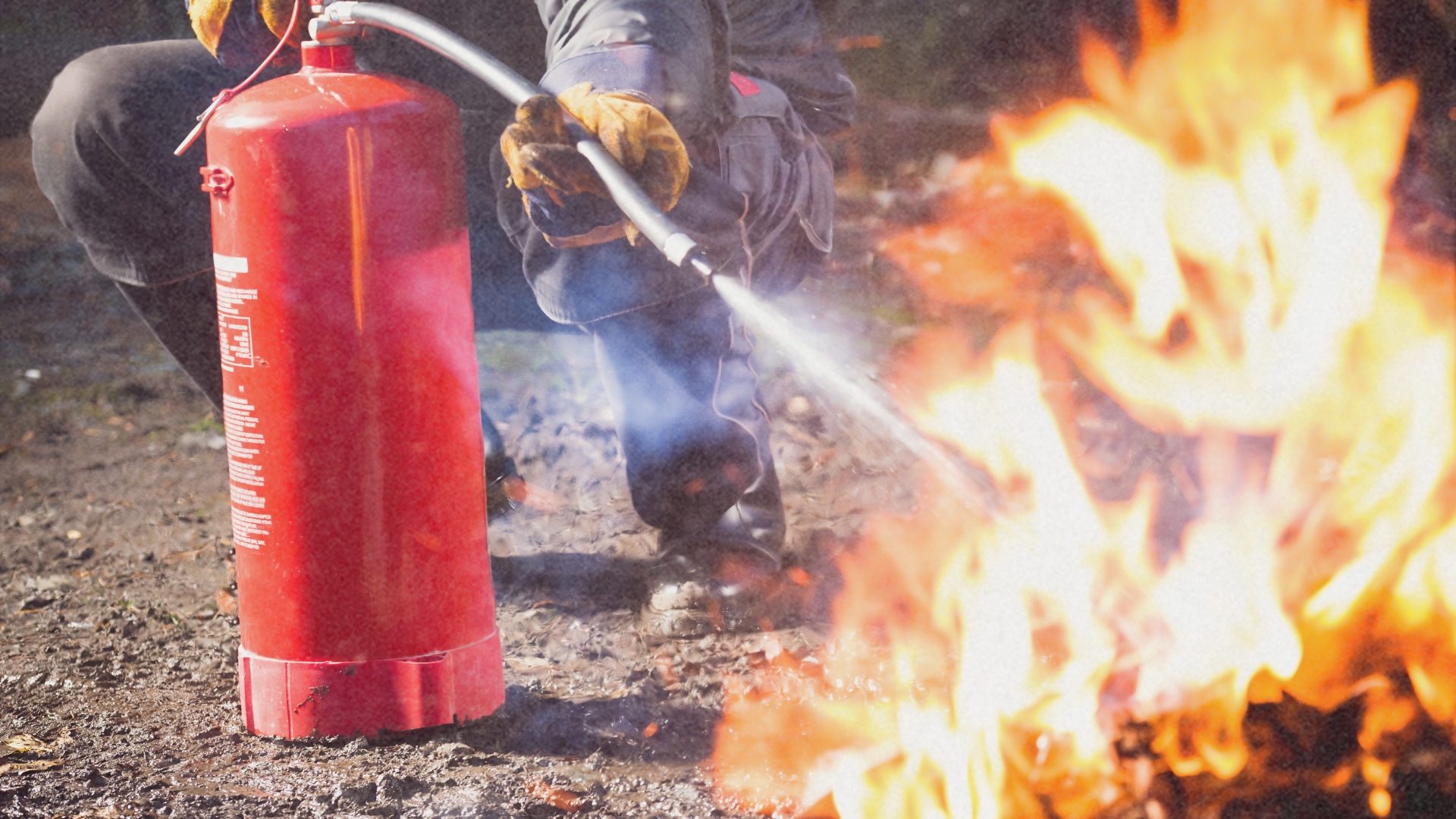The Mines and Geosciences Bureau (MGB) of the Department of Environment and Natural Resources (DENR) suspended the operations of Shenzhou Mining Group Corporation in Claver, Surigao del Norte due to excessive siltation along the town’s shoreline.
Shenzhou is the Operator of Claver Mineral Development Corporation (CMDC) under Mineral Production Sharing Agreement (MPSA) No. 103-98-XIII (SMR). MGB granted the agreement to them on February 23, 1998.
The suspension order dated July 18 came following the assessment of a multi-disciplinary team consisting of MGB scientists, Environmental Management Bureau of DENR, University of the Philippines (UP)-National Institute of Geological Sciences, UP-Marine Science Institute, and Bureau of Soils and Water Management.
Based on said team’s report, the mining company failed to address the issue of over siltation in the area and that it has “aggravated” the situation with the construction of a settling pond, a structure in which silt-laden water is stored temporarily so that it will be able to settle down, after which water is allowed to overflow silt-free by the sea.
Before the issuance of the suspension order, MGB informed Shenzhou of the siltation problem and asked them to explain why they should not suspend the operation in the area.
Because of this incident, the Chamber of Mines of the Philippines (CMP) assured MGB it would closely monitor the operations of its members to ensure full compliance with health, environment, and safety laws in the country.
“[We] fully support the Mines and Geosciences Bureau’s order on the suspension of operations of a nickel miner in Surigao del Norte for failing to address excessive siltation along the shoreline in Claver town where the company operates,” said CMP chairman Artemio F. Disini
CMP also said Shenzhou is one of the several foreign mining firms that are not members of CMP but are being watched closely by MGB for alleged violations of environmental laws.
According to Section 63 of the Philippine Mining Act, “All contractors and permittees shall strictly comply with all the mines safety rules and regulations as may be promulgated by the Secretary concerning the safe and sanitary upkeep of the mining operations and achieve waste-free and efficient mine development. Personnel of the Department involved in the implementation of mines safety, health and environmental rules and regulations shall be covered under Republic Act No. 7305.”
But CMP also admitted it is still taking steps to ensure full compliance of the laws on environment, health and safety, as well as on community engagement, regardless of confidence in its members.
Disini further stated, “We encourage our members to put considerable thought into a range of social issues—from land use, water use, and environmental performance to worker safety and respect for human rights.”
CMP reiterated its support for the environmental protection and management provisions of the new Executive Order 79 (EO 79), and said it will continue to work closely with the concerned government agencies to ensure cooperation of all its members in the implementation of the EO’s provisions.
A previous report enumerated the four main objectives raised by EO 79: one is to put order in processing mining applications; two is to reinforce the protection of the environment; three is to spur economic growth; and finally to create employment opportunities. It also bans mining operations in 78 ecotourism sites and also controls the small-scale mining sector.
Safety and Security Implications
When there is excessive siltation, there is increased concentration of suspended sediments in the body of water which can cause water pollution, as the particles settle and accumulate at the bottom.
While this is a health and safety concern, security is another important aspect in the operations of mining for a number of reasons, according to retired Army Colonel Dencio Acop, who is also a Certified Protection Professional (CPP).
For one, he said, internal and external threats, or a combination of both, can threaten the short and/or long-term operations of a mining firm.
“The mining industry or mining projects are long-term in nature, meaning they come in phases and each phase may take a long time. For instance, the initial phase exploration itself will already take time as the communities around the site may object for one reason or another. They may see the mine as threatening their ancestral domain, their small-scale mining operations like gold-panning where they derive their livelihood however meager, [their] scrap iron trading where people buy the old scraps of big companies to sell. If phase one gets threatened, how much more phase two, [and the rest], which cannot come to pass without phase one first becoming successful.”
Two, external threats, like insurgent attacks as with Sagittarius Mines Inc. (SMI) in western Mindanao which keeps on getting attacked by the NPA for extortion reasons more than ideological ones, is a hindrance to business continuity every now and then, explained Acop, who graduated from the United States Military Academy, Class of 1983.
Three, internal theft of equipment or even the mined minerals themselves can be an issue, especially if they become serious.
“This may be a bit minor but still it causes some headache on the part of management and eats away gradually at company resources that can be put to better use for revenue generating operational activities,” he said.
Four, he said even external threats posed by natural calamities can be a security issue for a mining firm whose operations depend not lightly upon the elements of weather to continue unimpeded. “For instance, flash floods caused by extreme moisture can cause landslides, which in turn can put lives in danger and tunnels to cave in once moisture undermines the structural integrity of the mining operation,” he said.
Fifth, even politics can threaten a mining operation, he pointed out.
“This is the very reason why apart from security consultants, mining companies usually hire community relations experts who will be responsible for gradually gaining the hearts and minds of the people so that they do not pose a hindrance to the mining operations as some do who side with the political opposition or even insurgents in order to support their position against the mining company. If the soft spot for the insurgents is revolutionary taxes, for the politicos it is the same — money basically. What is in it for them so that they will allow the mine to operate after all government is the one that issues the permits before anyone can do anything. Worse, the LGUs (local government units) choose from among the companies who can give more.”





